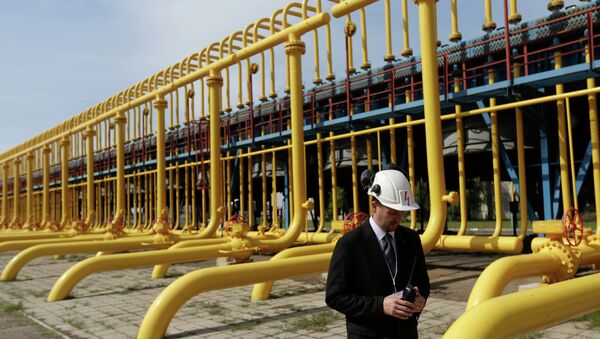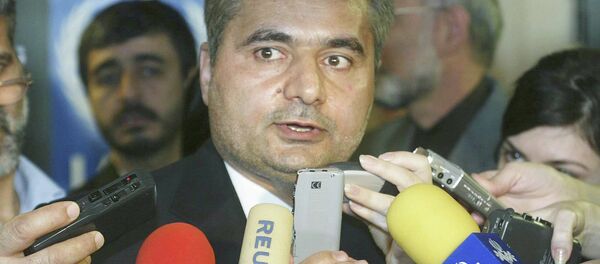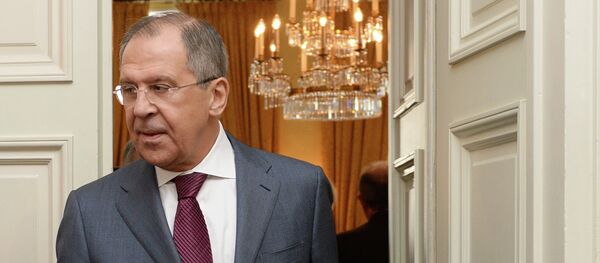"Iran has not made any concessions up to this day and is showing now that this policy will not be changed. I do not think that Iran will reduce natural gas prices in the short term. But if a new agreement is signed, then the Iranian government could offer a new price," Omid Shokri Kalehsar, an energy analyst at the Yalova University, said.
The energy pundit added that Turkey was buying "its most expensive gas from Iran for $480 [per 1,000 cubic meters]." Russia and Azerbaijan are the other two major suppliers of gas to Turkey.
In February 2015, Ankara lodged a suit with the International Court of Arbitration, asking for a 25-percent decrease in price for Iranian gas. But experts say it will take time for Iran to reduce the prices.
"As of now Iran cannot afford to increase production of natural gas within a short space of time to supply the volumes that Turkey wants to receive. Iran will need at least three to five years. That is why I do not think that Tehran will be able to offer any considerable discount," Tugche Varol Sevim, energy security researcher at the 21. Century Turkey Institute, said.
The expert added that, with international sanctions still in place, Iran relies heavily on the revenues from oil and gas exports.
Last week, the United States and the United Nations promised to lift energy-related sanctions imposed on Iran after the International Atomic Energy Agency monitors verify that Tehran follows through the agreements reached in Lausanne last week.
Tehran agreed to cut back its uranium enrichment program and reduce the number of centrifuges in the country as part of the framework deal with the P5+1 countries.
The P5+1 group includes the United States, France, the United Kingdom, Russia, China and Germany.





